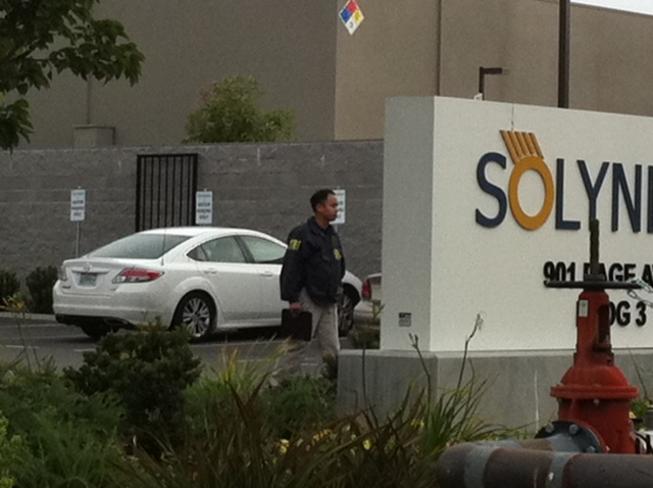Do you believe in American exceptionalism? I do and while President Barack Obama may not I believe a great many of you also do. In fact some of you who are reading this article at this very moment might yourselves be shining examples of American exceptionalism.
If so then your story has the opportunity to possibly be included in my upcoming new book on the lives and stories of ten people who are shining examples for the rest of us of American exceptionalism. Those chosen will also be offered to appear as guests on my radio show.
To submit your story for consideration simply email me your name, contact information and a brief (less than 3-4 paragraphs) description of your story of American exceptionalism.

In his farewell speech President Reagan urged us not to allow our values to slip away and to once again make them a part of our pop culture.
So whether you were born elsewhere and immigrated to America or if your family’s roots date back to the Mayflower landing I want to hear your stories of American exceptionalism!
The first known person to write about the United States as being exceptional was a Frenchman named Alexis de Tocqueville around 1831. Tocqueville believed America’s exceptionalism was a result of the American Revolution and a uniquely American ideology based on liberty, self reliance, the common person free from a ruling class and private business free from over-regulation. He marveled at how our democracy infused into every nature of our society and culture at a time when it was not popular elsewhere in the world.
Ironically it was Soviet leader Joseph Stalin who first coined the phrase ‘American Exceptionalism’ chastising members of the American Communist Party for believing that America was independent of the Marxist laws of history “thanks to its natural resources, industrial capacity, and absence of rigid class distinctions.”
Which brings me back to President Barack Obama. Obama is an example of American exceptionalism sadly though he just doesn’t realize it. Where else other than America could a person of his background have risen to the highest office in the land? As many of you are probably aware Obama gave a remarkably unexceptional answer when asked by a reporter with London’s Financial Times if he believed in American exceptionalism:
“I believe in American exceptionalism, just as I suspect that the Brits believe in British exceptionalism and the Greeks believe in Greek exceptionalism.”
How’s that for patriotism, principles and passion?
In his farewell speech Ronald Reagan both captured the spirit of American exceptionalism and warned of how easily it could slip away when he said,
“Finally, there is a great tradition of warnings in presidential farewells, and I’ve got one that’s been on my mind for some time…The national feeling is good, but it won’t count for much, and it won’t last unless it’s grounded in thoughtfulness and knowledge.
…Are we doing a good enough job teaching our children what America is and what she represents in the long history of the world? Those of us who are over 35 [in 1989] or so years of age grew up in a different America. We were taught, very directly, what it means to be an American. And we absorbed, almost in the air, a love of country and an appreciation of its institutions. If you didn’t get these things from your family, you got them from the neighborhood… Or you could get a sense of patriotism from school. And if all else failed, you could get a sense of patriotism from popular culture. The movies celebrated democratic values and implicitly reinforced the idea that America was special. TV was like that, too, through the mid-’60s.
Our spirit is back, but we haven’t re-institutionalized it. We’ve got to do a better job of getting across that America is freedom-freedom of speech, freedom of religion, freedom of enterprise. And freedom is special and rare. It’s fragile; it needs protected.”
President Reagan urged us not to allow our values to slip away and to once again make them a part of our pop culture. Send me your stories of American exceptionalism.
Sign up to receive Rick Amato’s free, twice-weekly newsletter Amato For Liberty!
COMMENTS
Please let us know if you're having issues with commenting.